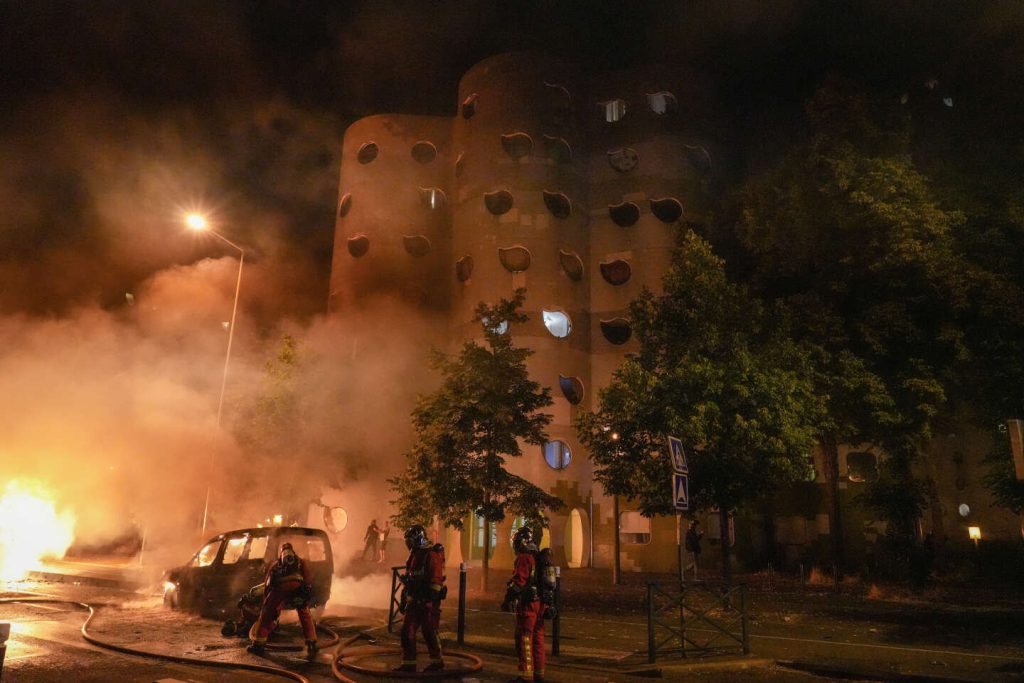The third edition of the festival Nos futurs held in Rennes from March 21st to 24th, organized by Joséfa Lopez, a journalist at Le Monde, focused on the issues surrounding the relationship between residents of marginalized neighborhoods and the media. Discussions included topics on how to highlight positive voices and initiatives from these communities, as well as how to overcome stereotypes. Participants included journalists like Elsa Vigoureux and Maxime Brandstaetter, as well as educators like Jeanne Demoulin and young residents like Inès Belghit and Mira Hannachi.
Elsa Vigoureux discussed her experience as a journalist growing up in Gennevilliers and the challenges she faced when reporting on issues like gang violence and drug trafficking in marginalized neighborhoods. She highlighted the importance of using accurate and respectful language when describing these communities to avoid perpetuating negative stereotypes. Maxime Brandstaetter also acknowledged the difficulties journalists face in building trust in these neighborhoods and emphasized the need to establish positive relationships with residents to accurately tell their stories.
Jeanne Demoulin addressed the consequences of stigmatization on young people living in marginalized neighborhoods, noting that mainstream media often portray them in a one-dimensional and negative light. This misrepresentation can impact their opportunities for education and social mobility, creating barriers for their future advancement. The case of Nahel Merzouk, a young man killed by police, highlighted the challenges journalists face in reporting on sensitive issues in these communities.
The panel discussed the general mistrust that young people in marginalized neighborhoods have towards mainstream media, attributing it to a feeling of misrepresentation and a lack of authentic representation in the news. Inès Belghit expressed frustration with the way media outlets often sensationalize stories involving young people from these communities, leading to further marginalization and alienation. Participants like Mira Hannachi also highlighted the need for diverse perspectives and independent media sources to provide more balanced and accurate coverage.
Jeanne Demoulin shared insights from her collaborative research project focused on empowering young people to share their stories and perspectives through the power of language. By engaging with youth in a participatory and respectful manner, the project aimed to challenge stereotypes and create a more nuanced understanding of their experiences. Lucas Roxo, who leads media literacy workshops, emphasized the importance of media literacy in helping young people critically engage with news and information, especially in the age of social media and digital misinformation.
Overall, the discussions at the festival highlighted the importance of amplifying the voices of marginalized communities, challenging stereotypes, and fostering more inclusive and respectful media representation. By listening to and engaging with diverse perspectives, journalists and media outlets can play a crucial role in promoting social cohesion and empowering marginalized voices. The need for accurate, balanced, and ethical reporting in marginalized neighborhoods was evident throughout the conversations, underscoring the importance of responsible journalism in addressing social inequalities and fostering understanding across diverse communities.


